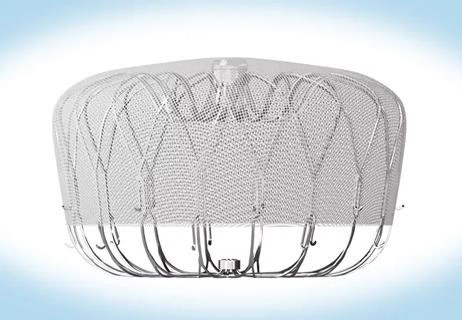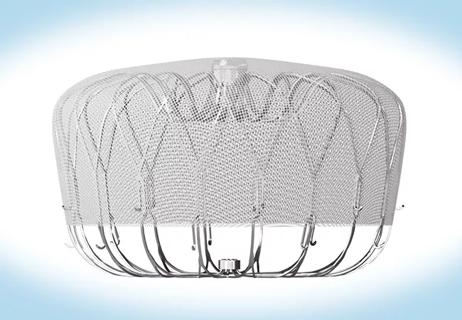Tag debug info: client: {"assets":{},"datasets":{},"live":{},"projects":{},"users":{},"observable":{"assets":{},"datasets":{},"live":{},"projects":{},"users":{}}} Now: 1770454683670 Cache Key: cqdTagPageBySlug:watchman fetchCache[cqdTagPageBySlug:watchman].expirationTime: falsey fetchCache[cqdTagPageBySlug:watchman]. seconds remaining: falsey All fetchCache expiration times: -- Key: cqdNotFoundPage, seconds remaining: 5499 -- Key: cqdTagPageBySlug:ellen-rome, seconds remaining: -5331 -- Key: cqdPostsByTag:cqd-migrated-tag-1391,1,10, seconds remaining: -5281 -- Key: cqdTagPageBySlug:eric-roselli, seconds remaining: -1735 -- Key: cqdPostsByTag:cqd-migrated-tag-962,1,10, seconds remaining: -1655 -- Key: cqdTagPageBySlug:peter-aziz, seconds remaining: -841 -- Key: cqdPostsByTag:cqd-migrated-tag-700,1,10, seconds remaining: -788 -- Key: cqdTagPageBySlug:medication-management, seconds remaining: 79 -- Key: cqdPostsByTag:cqd-migrated-tag-4258,1,10, seconds remaining: 124 -- Key: cqdTagPageBySlug:calculator, seconds remaining: 2807 -- Key: cqdPostsByTag:cqd-migrated-tag-15877,1,10, seconds remaining: 2869 -- Key: cqdTagPageBySlug:levothyroxine, seconds remaining: 5499 -- Key: cqdPostsByTag:cqd-migrated-tag-23517,1,10, seconds remaining: 5546 -- Key: cqdTagPageBySlug:metformin, seconds remaining: 8169 -- Key: cqdPostsByTag:cqd-migrated-tag-19077,1,10, seconds remaining: 8216 -- Key: cqdTagPageBySlug:spinal-deformities, seconds remaining: 9110 -- Key: cqdPostsByTag:cqd-migrated-tag-15718,1,10, seconds remaining: 9164 conditions: -- false, -- NA, -- NA, -- NA -- false Cache miss for key cqdTagPageBySlug:watchman - retrieving from Sanity CCCache.dataFetchCount: 1877 Cache cleanup seconds remaining: 22807
Advertisement
Advertisement
Large SURPASS registry study finds LAAO device safe and effective through one year
Large SURPASS registry study confirms high seal rates, acceptable safety
Large database analysis finds no rise in in-hospital mortality relative to younger patients
Interim report from large registry analysis compares favorably with pivotal trial
Advertisement
Cleveland Clinic is a non-profit academic medical center. Advertising on our site helps support our mission. We do not endorse non-Cleveland Clinic products or services. Policy
Even very high-risk patients benefit, and implantation can safely be combined with ablation or TAVR
A Missouri center turns lessons from a site visit into program success
Rendered: Sat Feb 07 2026 08:58:03 GMT+0000 (Coordinated Universal Time)
9500 Euclid Avenue, Cleveland, Ohio 44195 |
800.223.2273 | ©
2026 Cleveland Clinic. All Rights Reserved.





